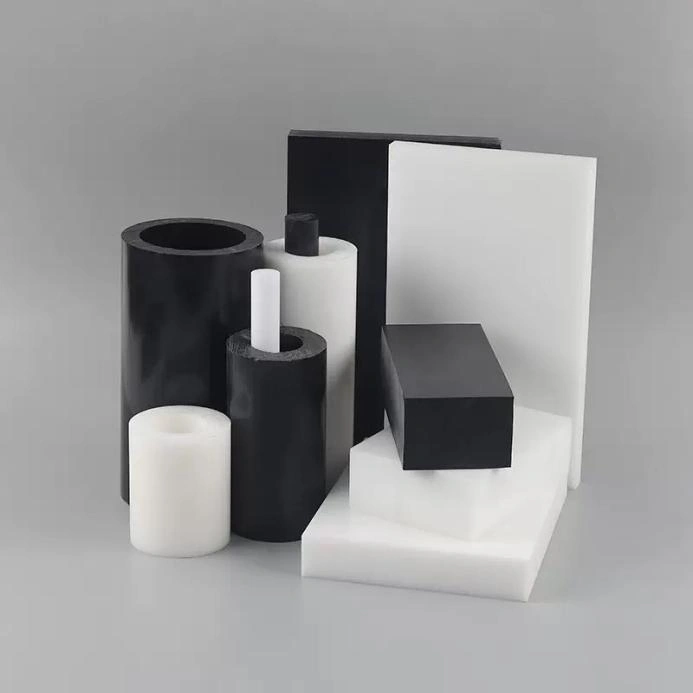Acetal plastic, also known as polyoxymethylene (POM), is a high-performance engineering thermoplastic widely used across industrial applications. This semi-crystalline material combines excellent dimensional stability with remarkable strength, making it suitable for parts that require stiffness, precision, and durability. Acetal retains its shape under continuous use at elevated temperatures and withstands mechanical stress, impact, and friction-related wear.

There are two main types of acetal: homopolymer and copolymer. Homopolymers are known for their superior stiffness and mechanical performance, making them ideal for stable, controlled environments. Copolymers, on the other hand, offer better resistance to moisture and heat, which enhances their performance in humid or high-temperature conditions. Choosing the right type depends on the specific environment and functional requirements of the component.
Industrial Uses of Acetal plastic
Acetal plastic is highly versatile and finds application in industries that demand strong, precise, and durable components. In manufacturing and mechanical engineering, it is commonly used to produce small but critical parts such as washers, spacers, and gears. Available in raw forms like rods, tubes, and sheets, acetal can be easily machined, cut, or molded into complex shapes, making it suitable for custom components in machinery where wear resistance and low maintenance are essential.
In automotive and transportation industries, acetal is used for components that need to retain their shape while supporting structural or moving parts. Examples include interior fasteners, knobs, adjusters, and small mounting parts. Its combination of stiffness, impact resistance, and low friction makes it a reliable material for parts that are frequently handled or subjected to stress.
In electronics and electrical applications, acetal provides dimensional stability and resistance to heat, allowing it to be used in connectors, housings, and other precision components near heat sources or electrical currents. Its low moisture absorption and good electrical insulation properties ensure long-term reliability in sensitive environments.
Advantages of Acetal plastic
Acetal stands out among engineering plastics due to its unique combination of properties. It offers both high impact resistance and stiffness while maintaining low friction and excellent wear resistance. The material is also resistant to many chemicals and exhibits low moisture sensitivity, making it suitable for a wide range of challenging environments. Copolymer acetal performs exceptionally well in humid or wet conditions, while homopolymer grades provide extra mechanical stability when porosity is not a concern.
Another major advantage of acetal is its machinability. It can be precisely cut, routed, thermoformed, or molded into custom shapes and sizes. This flexibility makes it ideal for creating specialized components ready for direct use in industrial equipment, automotive assemblies, and electronic devices.
YILONG and Acetal Material Solutions
YILONG offers high-quality Acetal plastic products suitable for various industrial applications. Available in rods, tubes, sheets, and custom-cut components, YILONG’s acetal materials provide reliable performance in demanding environments. Whether for precision mechanical parts, automotive components, or electronic assemblies, YILONG ensures that each product meets stringent quality and durability requirements.
By choosing acetal materials from YILONG, manufacturers can benefit from a durable, versatile, and machinable thermoplastic that supports high-performance designs while reducing maintenance and extending component life.